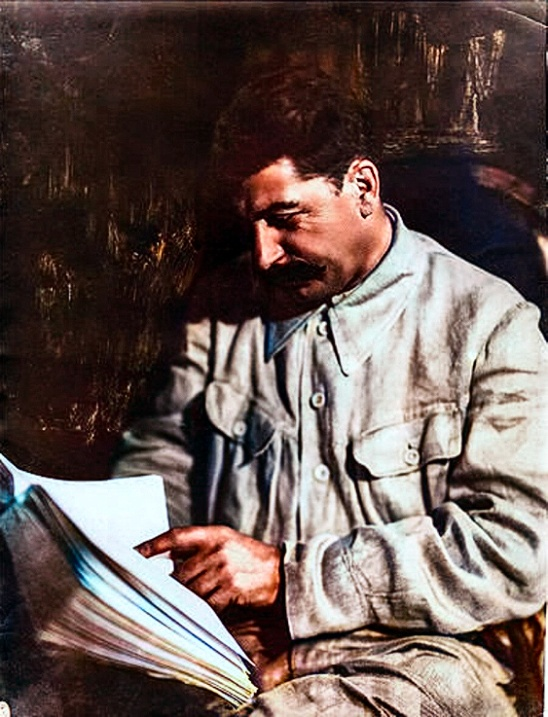

I was groggy and it took me a few minutes to figure out your second sentence lol
I think agitation is probably a good idea, but those who don’t have the means to move would still be unable to move. And I worry that if rich people are provoked into moving too soon, it could decimate what little savings disadvantaged people currently have tied up in real estate, making the situation that much more difficult for them.





Florida has a lot of retirees but they don’t own most of the real estate value or act as the basis of the economy afaik. Many service workers rent but not all of them do, plus there’s things like potential inheritances (like family homes) to consider for those who have been in the area for more than one generation. There’s a lot of complicating factors that could cause things to take a turn for the worse imo.
Which is just to say, I’m not willing to put money on it all working out so simply and efficiently. But maybe it would. And maybe I’m over-thinking it.